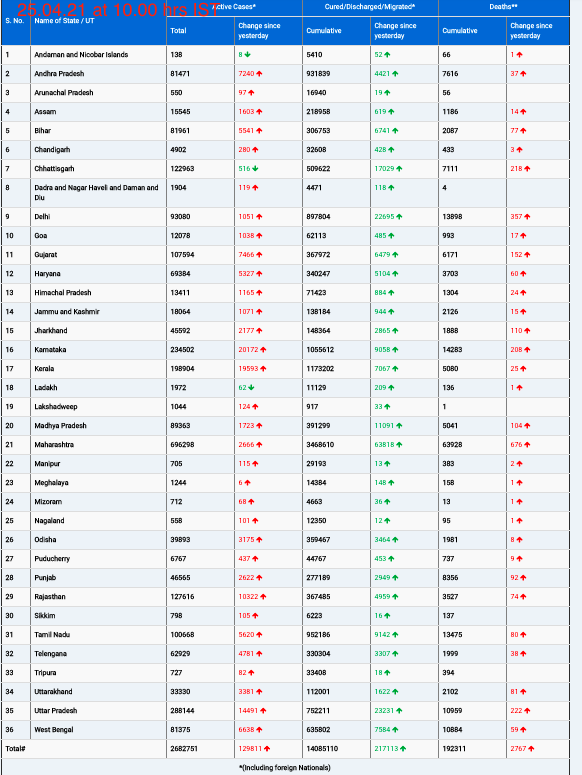Departmental news WHO
Real life lessons learned from family planning interventions in 15 countries
The district quickly saw results, with the number of childbirths among young people falling from an expected 1,543 to 230 within a year.
Using stories to share implementation experiences
‘Supporting Young Influencers to Reduce Adolescent Pregnancies in Disadvantaged Areas of Ecuador’ is one of 15 winning implementation stories selected by the IBP Network, based at the World Health Organization (WHO) headquarters, in collaboration with the Knowledge SUCCESS Project.
Each story is a lived example of how High Impact Practices in Family Planning (HIPs) and WHO Guidelines are being used to improve family planning and sexual and reproductive health and rights around the world. Each one is told directly by the organizations leading change in their communities.
“Knowledge-sharing is one of the most useful and generous tools we have to improve the implementation and scale up of services and adapt WHO global guidance for family planning, contraception and reproductive health at the health system level in every country,” said Nandita Thatte, Technical Advisor, IBP Network, WHO, and the UN Special Programme HRP.
“The more diverse voices and perspectives we listen to, the richer our shared knowledge exchange becomes. This call for implementation stories was a creative and inclusive opportunity to document how evidence-based practices work in local contexts.”
Putting global guidance into local action
With examples from 15 different countries, the implementation stories show how WHO global resources such as the WHO Medical Eligibility Criteria Wheel, Family Planning Handbook and Training Resource Package can be successfully adapted to local need and context.
Implementing organizations were supported by the IBP Network and Knowledge SUCCESS to document their experiences using a storytelling format, empowering local stakeholders to share their expertise with a global audience. Some consistent lessons emerged:
- Family planning interventions are not implemented in isolation: Interventions were often combined, for example, a programme in Tanzania linking mobile outreach for family planning to existing outreach services for HIV and tuberculosis.
- In addition to High Impact Practices (HIPs), there are other “best practices” that are critical to successful program implementation: successful outcomes often involved multiple practices, with HIPs being complemented by other approaches. For example in Nigeria, as part of an integrated approach to increasing postpartum long-acting reversible contraception, a detailed and robust mentoring programme was incorporated for providers to support continued training, capacity building and sustainability.
- Linking WHO Guidelines and HIPs strengthens local implementation: as part of efforts to strengthen pre-service education of midwifery and obstetrics and gynecology in Burkina Faso, training was provided using the WHO Medical Eligibility Criteria. New graduates were given the WHO Handbook for Family Planning Providers.
- Family planning programming is intersectoral: in almost every story there were links between the family planning or health programme and other aspects of community development – economic growth, education, community empowerment, climate, or government advocacy.
- Resources are needed for documentation: storytelling was a collaborative and creative opportunity to strengthen capacity around documentation and dissemination, but it was also a significant amount of work. Funding and technical support was crucial to ensure that organizations could commit time and resources to sharing their experiences.
“Too often, lessons learned are not shared widely with peers in other geographic settings. This is a missed opportunity: these real-life experiences can help others looking to implement similar programmes,” said Sarah Harlan, Partnerships Team Lead, Knowledge SUCCESS.
“Knowledge SUCCESS has been happy to partner with IBP and WHO. Our hope is that this initiative will enable more sharing and learning about what works—and what doesn’t—when scaling up evidence-based practices in family planning and reproductive health.”
Next steps in shared learning
In the coming months, the WHO IBP Network and Knowledge SUCCESS will host a series of webinars with the authors, who will share more about the lessons they will carry forward.
The 15 winning stories are a valuable contribution to the global evidence base and dialogue, with diverse perspectives at the heart.
“The young people we started working with are now leading many of the initiatives,” said Silvia Charcopa, a nurse practitioner, reflecting on how the programme in Ecuador has grown. “The greatest lesson we have learned is that we can’t do it alone.”











